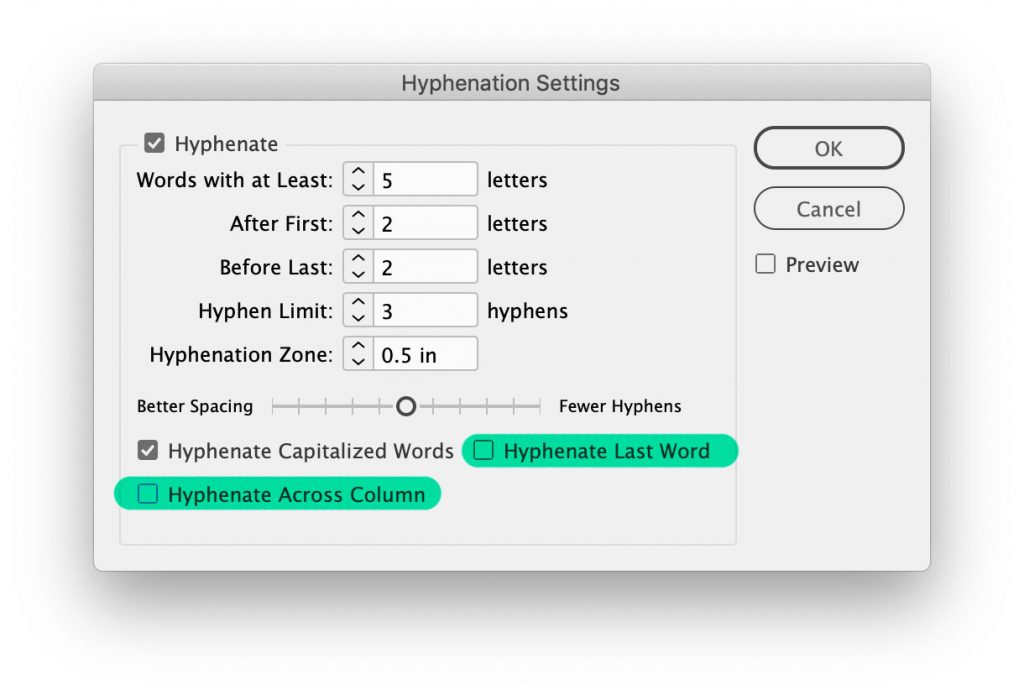If you’re still printing your book, don’t forget that there are printing instructions here. (there’s also a link in the left-hand menu)
Category: Book (page 1 of 2)
As we finish books, here are the things your finished book will be graded on:
Big picture type
Is your book set up in a way to make reading easy/enjoyable? Does it have margins that make sense? Are page numbers consistent and do they relate to the rest of the page?
Detailed type
Did you pay attention to the small typographic details we’ve been over in class? Partial list of things to look for: correct dashes, italics, real small caps (if you have small caps), avoiding awkwardly hyphenated words and leftover lines, etc.
All the things where you have to look over your text carefully to find? Those fall under this.
Craft
When you bound the book, did you bind it well? Did you cut well? Does the end result look like a polished, finished project?
Visual Refinement – including cover
Do things aesthetically go together and seem right?
Process
Did you meet project milestones and keep up with the book’s process, consistently making progress over the course of the project?
PDF in/Finished book on time
Did you turn in your PDF on time? Did you turn in your book on time?
Turn in PDFs for your books here
Badly Hyphenated Words (across a page break, etc.)
A discretionary hyphen lets you choose where to hyphenate a word in Indesign. If you add it at the beginning or end of the word, Indesign will get rid of the hyphen in the word.
Make a discretionary hyphen with the shortcut command shift hyphen.
You can prevent many of these in the hyphenation settings in Indesign. Hyphenation settings are in the menu found at the bottom right of the Character/Paragraph control bar. Or in the menu in the Paragraph palette.
There, you can turn off hyphenating across columns and hyphenating the last word of a paragraph. (see the image below)

Leftover lines
Increase or decrease letterspacing in the affected paragraph or a paragraph immediately above it.
You don’t want the different spacing of the text to show. So, you probably shouldn’t go over 15 or below -15 for the Tracking.
Short lines
For these, you might also increase or decrease letterspacing, but for a few words preceding the affected word.
You can also find a hyphenated word in the same paragraph as the affected line and add a discretionary hyphen (command shift hyphen) to get rid of the hyphen and get Indesign to reflow the text in the paragraph.
Create a cover for your book. It should reflect the rest of the book’s design as well as its content. We’re treating this as a smaller part of the project, so it’s ok if the cover is simple.
Standard selection of stationery type papers. Some good things.
FedEx Office (on Tulane campus and on Tchoupitoulas)
Usually have some papers they’ll sell you just a few sheets of.
Hyphenation and Paragraph Priority:
- Avoid hyphenating across a page/column break.
- Avoid beginning new pages with the last line (or partial line) of a paragraph.
Try to create:
- If text is left-aligned: graceful ragged right edges.
- If text is justified: an even color to paragraphs and pages.
Try to avoid:
- Last lines of a paragraph of just a word or two, left over from their paragraph.
- If text is justified: “Rivers,” large gaps of word spacing.
- Multiple hyphens in a row, or many per paragraph, sometimes called “pig bristles.”
These are all things I posted before but wanted to remind us of: